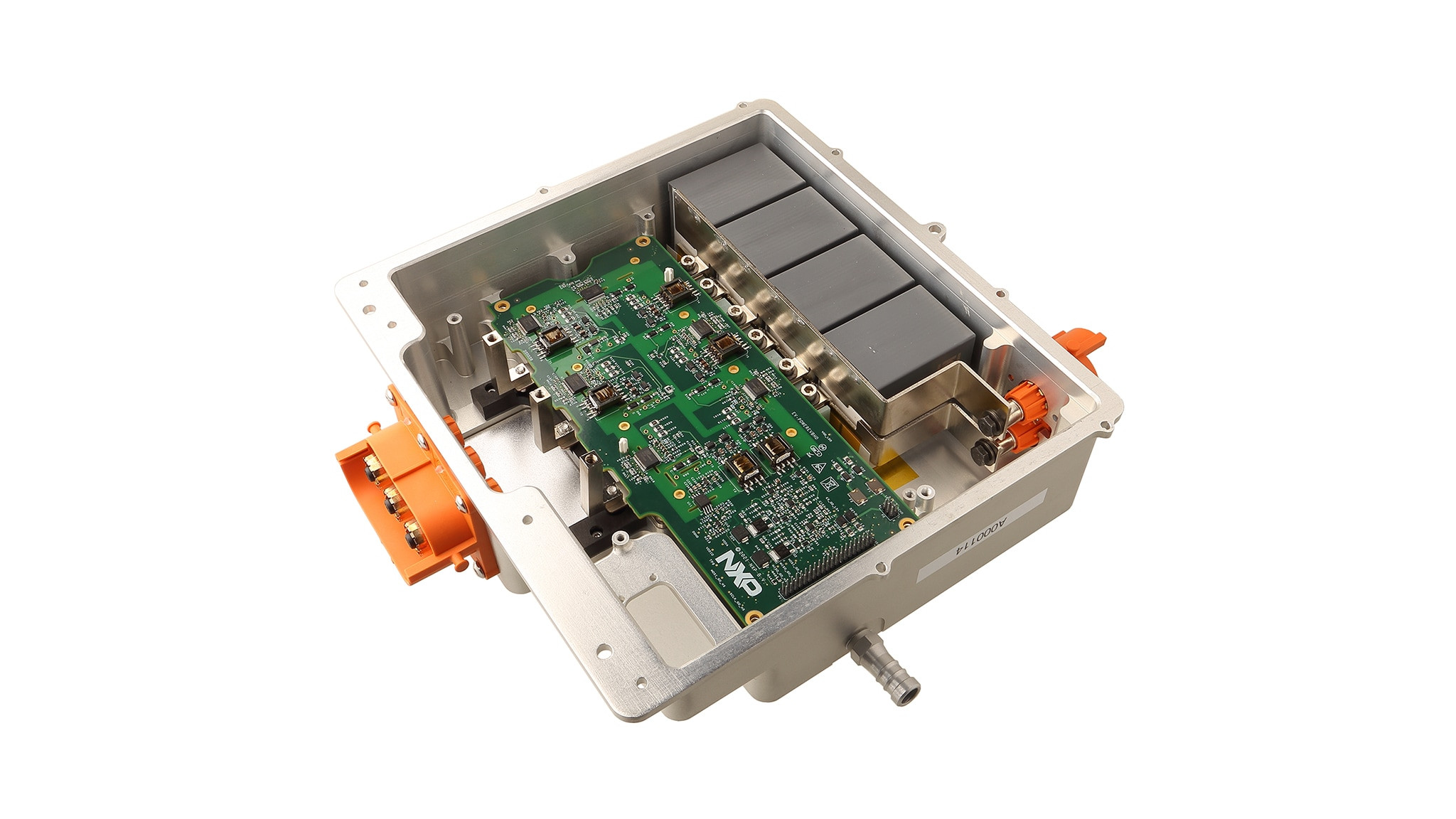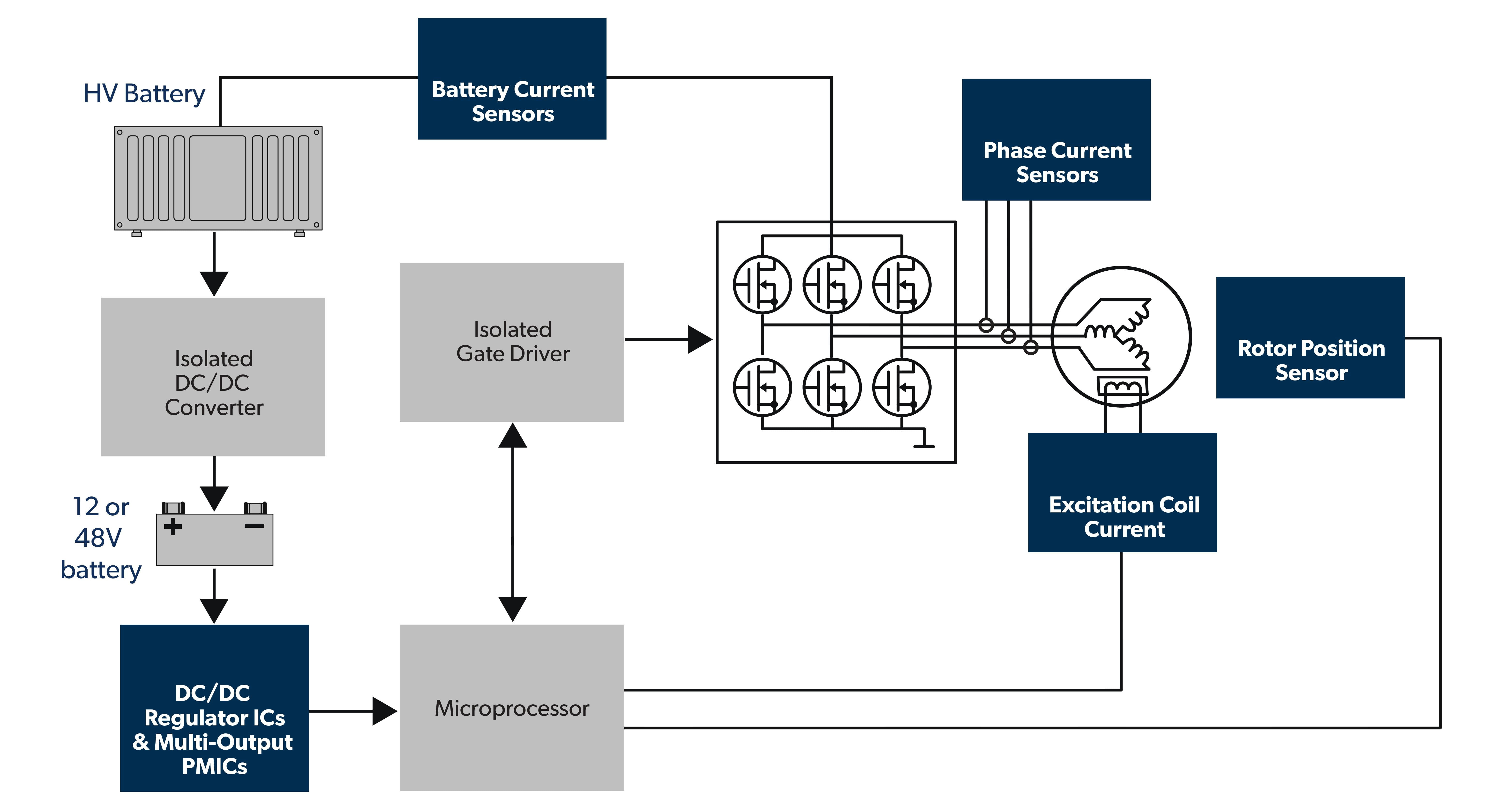The EV Traction Inverter Market: A Powerful Force in Green Transportation
The global EV Traction Inverter Market is experiencing a rapid surge, driven by the growing demand for electric vehicles (EVs) and the increasing focus on sustainability. These inverters play a crucial role in electric vehicles, converting DC power from the battery into AC power to run the electric motor. The market is poised for significant growth, with estimates indicating it will reach USD 94.76 Billion by 2030, showcasing a robust CAGR of 26.0% during the forecast period 2024-2030.
Key Drivers of Growth in the EV Traction Inverter Market
Several key factors are driving the expansion of the EV Traction Inverter market:
-
Rising Demand for Electric Vehicles: The shift towards sustainable transportation solutions is pushing the demand for electric vehicles globally. This surge in EV adoption directly translates into an increased need for traction inverters, a vital component in the powertrain of electric cars.
-
Government Initiatives and Policies: Governments worldwide are actively promoting the adoption of electric vehicles through various incentives, tax benefits, and subsidies. These policies create a favorable environment for the growth of the EV industry and, consequently, the traction inverter market.
-
Technological Advancements: Continuous advancements in power electronics technology, particularly the development of silicon carbide (SiC) and gallium nitride (GaN) semiconductors, are significantly enhancing inverter performance and efficiency. These innovations are leading to higher power output, reduced energy loss, and improved overall EV performance.
-
Expanding EV Infrastructure: The development of charging infrastructure, including public charging networks and fast-charging stations, is crucial for addressing range anxiety and encouraging EV adoption. As charging infrastructure expands, the demand for traction inverters is expected to rise.
-
Cost Reduction and Economies of Scale: As EV production increases, economies of scale are being realized, leading to reduced manufacturing costs for EV components, including traction inverters. This affordability factor is making electric vehicles more accessible to a broader market segment, further driving the demand for traction inverters.
Trends Shaping the EV Traction Inverter Market
Several key trends are shaping the EV Traction Inverter market:
High Voltage Traction Inverters: A Key Driver for Performance
High voltage traction inverters are becoming increasingly important in the EV industry, particularly for passenger EVs. These inverters offer high power output, contributing to improved vehicle performance and longer range. The demand for high voltage traction inverters is anticipated to rise as consumers seek EVs with increased acceleration and longer driving range.
Low Voltage Traction Inverters: A Solution for Affordability
Low voltage traction inverters are gaining traction in the EV sector, particularly for smaller EVs and hybrid models. These inverters are designed for lower power levels, making them suitable for light-duty applications and more affordable EV solutions. The growing popularity of urban mobility options like electric scooters and small electric cars is boosting the demand for low voltage traction inverters.
Traction Inverters for Commercial Vehicles: A Critical Component in Fleet Electrification
Commercial vehicles, including delivery vans, trucks, and buses, are increasingly adopting EV traction inverters. These vehicles require robust and reliable power systems to handle heavy loads and extended operating hours. EV traction inverters meet these needs by providing efficient power conversion and enhanced performance. The commercial transportation sector's transition to electric powertrains is driving the demand for high-performance EV traction inverters, contributing to the market's growth.
Expanding EV Charging Infrastructure: Fostering Adoption and Demand
The development of EV charging infrastructure is a crucial factor in the growth of the EV Traction Inverter market. A robust and extensive charging network reduces range anxiety among electric vehicle users, encouraging wider adoption of EVs. Public charging networks and fast-charging stations are being developed with significant financial support from both public and private sectors. As charging stations become more prevalent, the need for EV traction inverters is expected to increase.
Key Players in the EV Traction Inverter Market
The EV Traction Inverter market is characterized by the presence of several prominent players, including:
- Bosch
- Continental
- Denso
- NXP Semiconductors
- Infineon Technologies
- Texas Instruments
- STMicroelectronics
- Mitsubishi Electric
- Siemens
- ABB
A Glimpse into the Future of the EV Traction Inverter Market
The EV Traction Inverter market is anticipated to witness continued growth in the coming years, driven by several factors:
-
Government Support: Governments worldwide are expected to continue their support for EV adoption, further encouraging the market's growth.
-
Technological Advancements: Innovation in power electronics, including the development of new materials and improved efficiency, will continue to drive advancements in traction inverter technology.
-
Increased Affordability: The increasing production of EVs and economies of scale are expected to lead to further cost reductions, making electric vehicles more accessible to a wider range of consumers.
-
Rising Environmental Concerns: Growing concerns about climate change and carbon emissions are expected to fuel the demand for sustainable transportation solutions, further accelerating the adoption of EVs.
The EV Traction Inverter market is poised for significant growth, driven by the increasing demand for electric vehicles, government initiatives, technological advancements, and expanding infrastructure. This market is set to play a crucial role in the transition to a more sustainable and environmentally friendly transportation system.
A Powerful Force: Shaping the Future of Mobility
The EV Traction Inverter market is not just about technological innovation; it's about shaping the future of mobility. By enabling the efficient operation of electric vehicles, these inverters are playing a pivotal role in the shift towards a greener and more sustainable transportation system. As the demand for EVs continues to grow, the EV Traction Inverter market is poised to be a significant driving force in the global transition to a more environmentally conscious future.


















